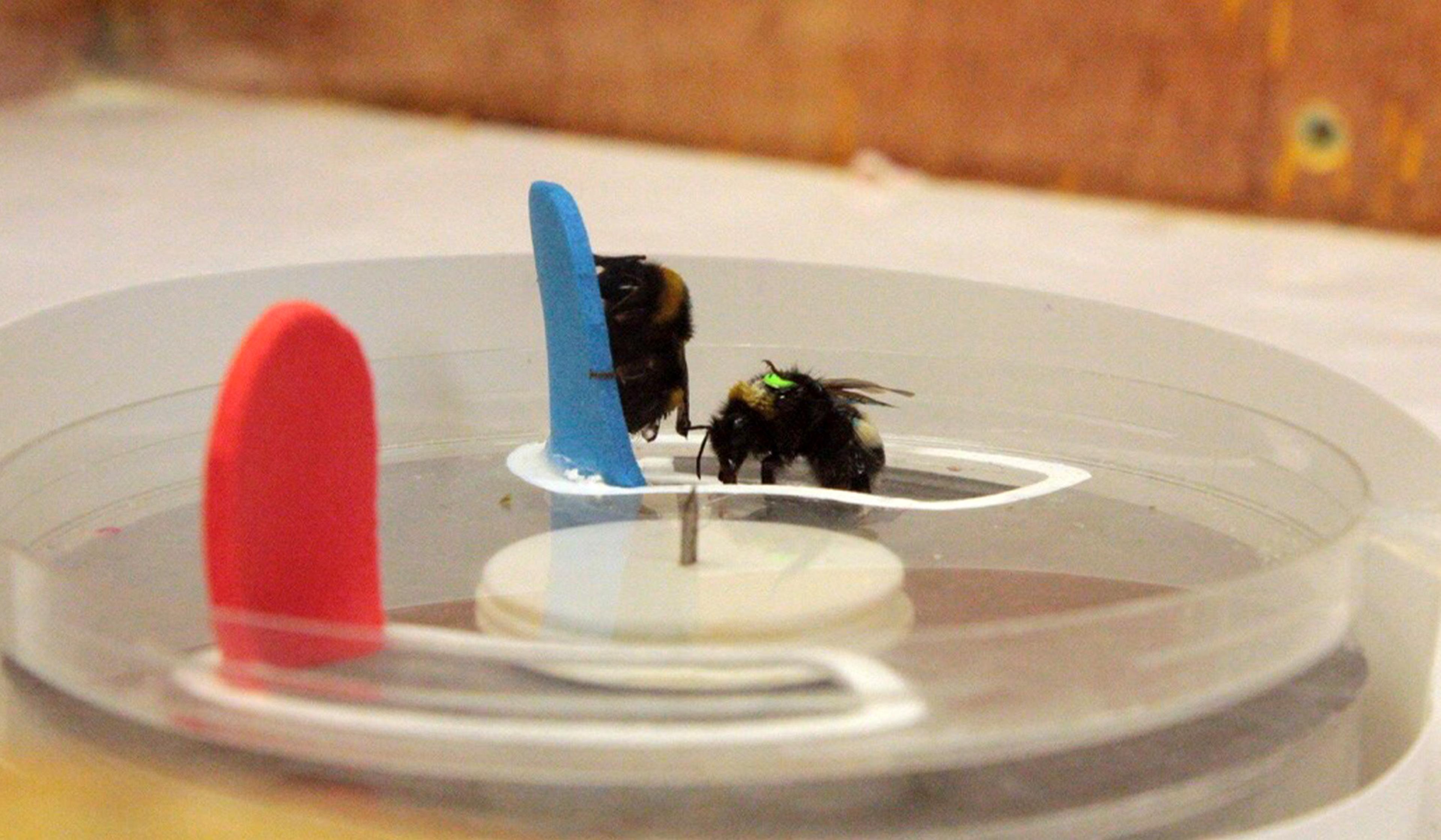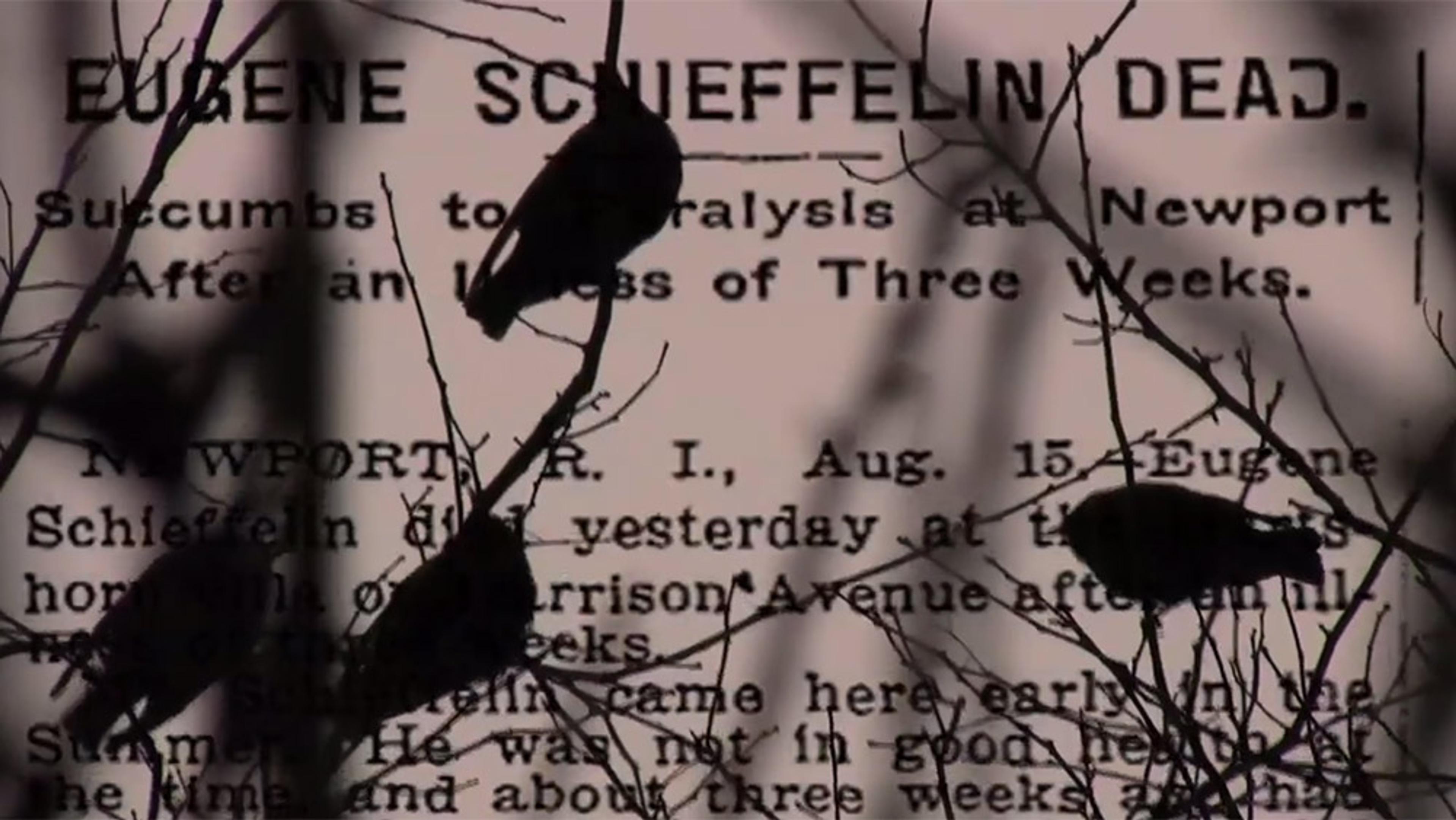Colony collapse disorder (CCD), a name coined in 2006, describes a honeybee colony that has lost the vast majority of its worker bees, with only a queen, nurse bees and immature bees remaining. If CCD continues, it could be more than solely an animal ethics issue, but might be disastrous for us too: bees are workers who provide us with hundreds of billions of dollars in labour. We rely on honeybees for the fertilisation of some of our most vital crops. The Death of Bees Explained is an unsettling look at the factors that scientists believe might lead to CCD, and the gloomy future humanity could face if we can’t curb the damage soon.
Bees are dying. We don’t know exactly why, but our future depends on finding out
Video by Kurzgesagt

videoCognition and intelligence
What’s this buzz about bees having culture? Inside a groundbreaking experiment
8 minutes

videoBiology
From egg to the air: 21 days of bee development condensed into one mesmerising minute
1 minute

videoChildhood and adolescence
In between chemotherapy, 10-year-old Pien finds kinship with the honeybees she keeps
16 minutes

videoBiology
‘Save the parasites’ may not be a popular rallying cry – but it could be a vital one
11 minutes

videoBiology
An elegy for a dying microbe explores what we really mean by ‘death’
9 minutes

videoAgeing and death
We’re not the only animals that appear to grieve. What are the implications?
6 minutes

videoHistory
The manifest destiny of starlings. How a nod to Shakespeare unleashed an avian conquest
13 minutes

videoBiology
Beetles take flight at 6,000 frames per second in this perspective-shifting short
9 minutes

videoBiology
Every winter, ladybirds break their solitude and assemble for a once-in-a-lifetime love-fest
3 minutes